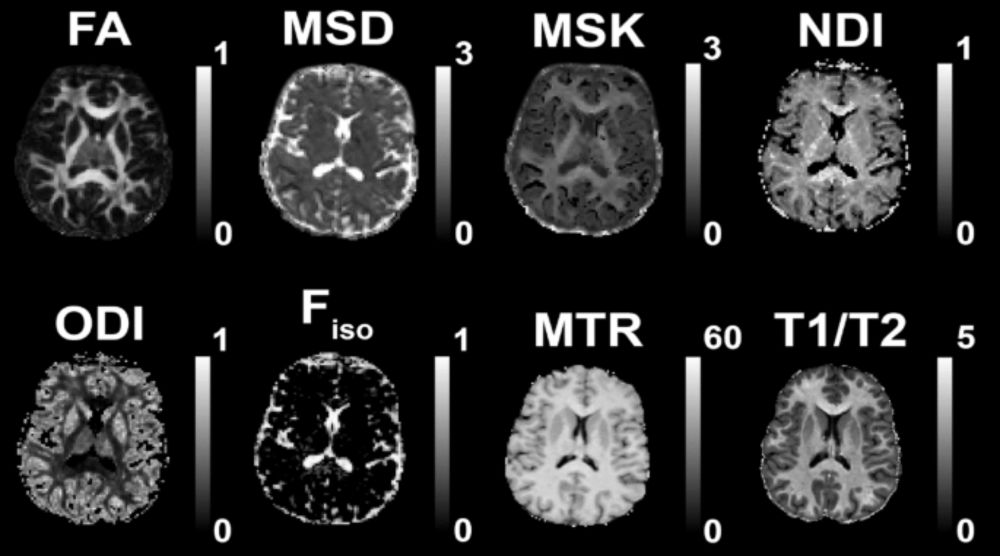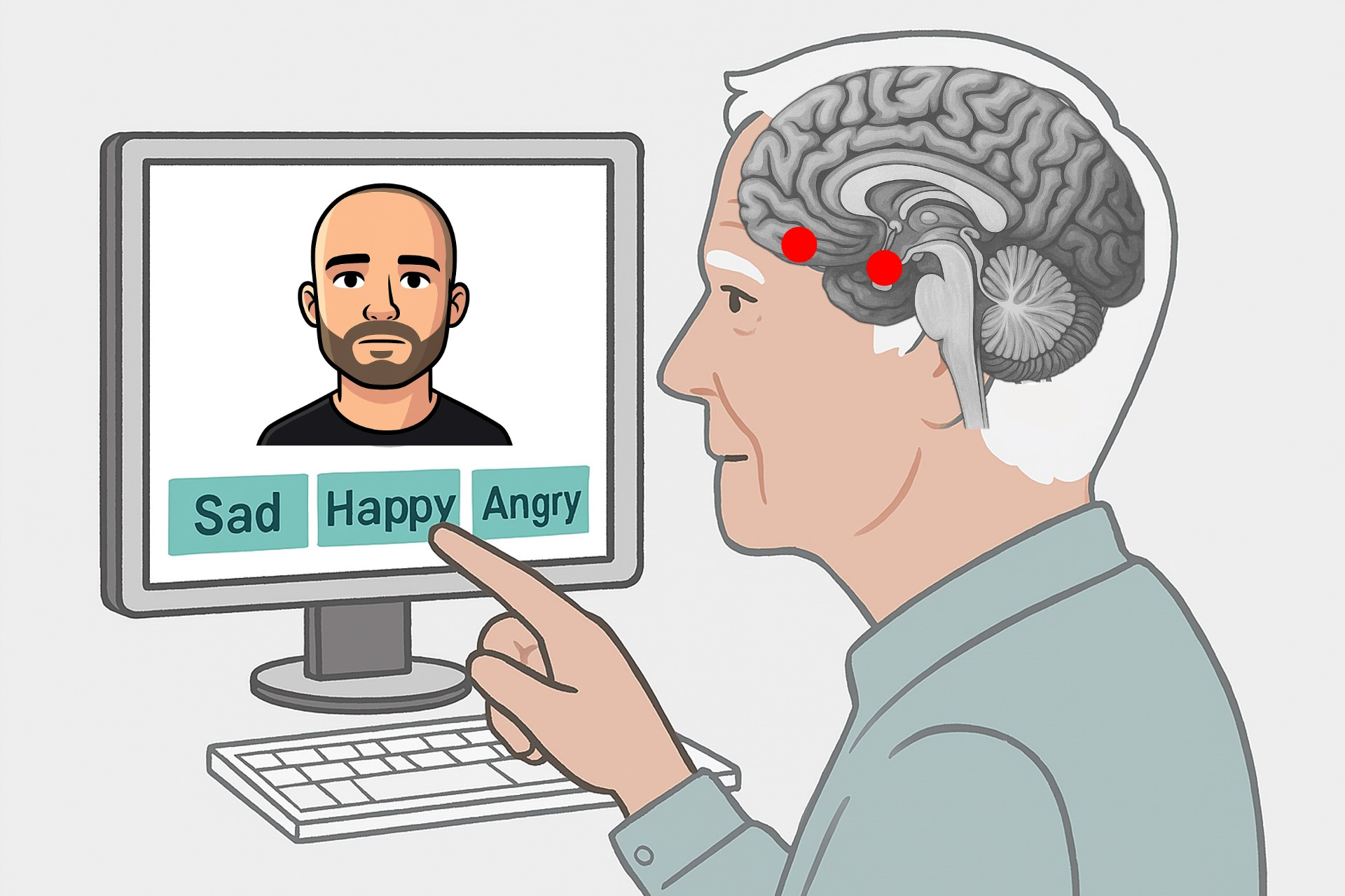New CamCAN study used 11 different measures to show that white-matter health is multidimensional: 4 latent MRI-derived factors explained 89% of variance, were predicted by vascular health, and predicted cognition
Positivity bias in face recognition may be warning sign
Recent paper shows that older adults’ tendency to see facial expressions as more positive may not be the adaptive “rose-coloured glasses” we thought, but could signal early cognitive decline and neurodegeneration.
Pulse pressure impairs cognition through damaging white matter
Recent research from CamCAN shows that, when pulse pressure, the difference between systolic and diastolic blood pressure, gets too high, it can damage the brain’s “wiring” (white matter), making it harder to think fast and solve puzzles
Education may not be protective in old age afterall
For many years, researchers have thought that higher levels of education protect against cognitive decline and dementia in later years. An international team including Cam-CAN conducted a meta-analysis across 33 countries which showed that, while more education is indeed associated with better cognitive and brain health in later life, it does not reduce the rate of decline of cognitive and brain health over subsequent years. This cross-sectional but not longitudinal association is more likely to reflect stable, early-life differences between people (e.g., genetics), which lead to different degrees of education, rather than education protecting against ageing and dementia.
Negative bias to angry faces after history of depression
People with a history of depression showed slower processing of angry faces, consistent with a bias towards negative information, and suggesting this bias persists in remission. This bias was associated with increased activity in certain brain regions including the insula.
Functional compensation in older brains
We have found the strongest evidence yet that older people can recruit additional brain regions to help perform complex tasks, possibly compensating for age-related changes elsewhere.
Functional segregation underlies cognition but not affected by midlife activities
Brain networks measured by fMRI become less segregated with age, and less segregation is associated with poorer cognition, even after adjusting for age. However, contrary to expectations, segregation does not mediate the positive effect of mid-life activities on late life cognition.
Brain Connections Are Key to Lifelong Sharp Thinking
We found that strong brain connections, especially those supported by white matter, are crucial for maintaining cognitive function. As we grow older, these connections become even more important, particularly for complex thinking.
Lifespan differences in visual short-term memory
Visual short-term memory – the ability to hold information in mind over a short period – declines with age. We show that connections within the visual and attention networks increase as people hold more information in mind, but age negatively affects the ability to increase connectivity as the task gets harder.
Pulse pressure is important for cognitive function in old age
We show there are at least three distinct aspects of cardiovascular health, and one of these – pulse pressure (systolic – diastolic blood pressure) – is uniquely associated with cognitive decline. This association was stronger for older adults, such that older individuals with higher pulse pressure had greater cognitive decline. Thus maintaining low pulse pressure may help to preserve cognitive function into old age.
- 1
- 2
- 3
- …
- 5
- Next Page »

 Cambridge Centre for Ageing and Neuroscience
Cambridge Centre for Ageing and Neuroscience











